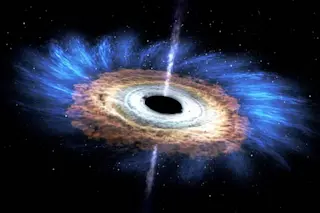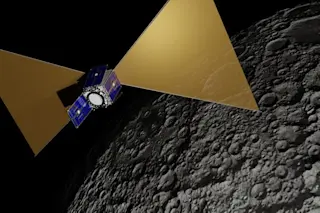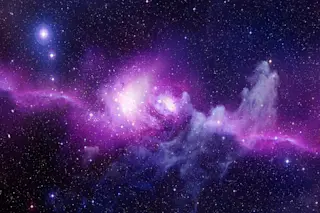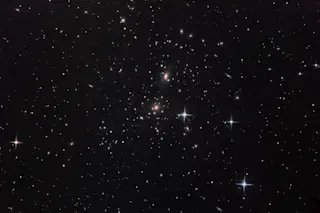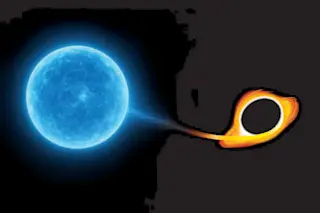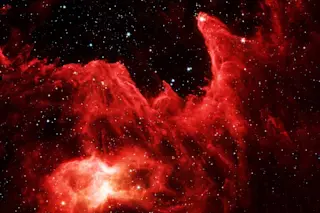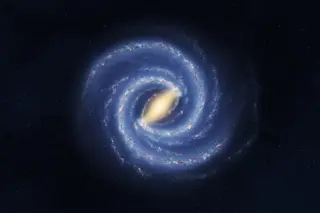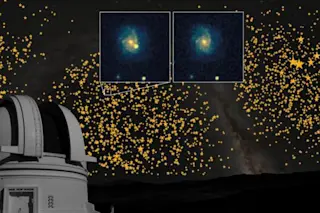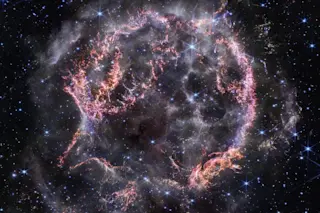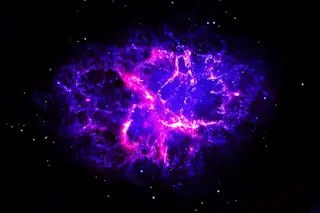The hunt for a dark matter explanation seems endless, but now we can mostly rule out one often mentioned potential culprit: black holes.
“The idea of primordial black holes as dark matter is quite old, with some papers already in the ’70s when Stephen Hawking and others proposed it,” said lead study author Miguel Zumalacárregui of the Berkeley Center for Cosmological Physics. Scientists couldn’t find any proof for the idea in the ’90s, and it started to fade away as an explanation. But the 2015 detection of gravitational waves re-ignited consideration for black holes as an explanation for dark matter.
Now, after analyzing 740 of the brightest supernovas, or exploding massive stars, discovered since 2014, scientists have found none that appear to be magnified or brightened by black hole “gravitational lenses.” Gravitational lenses are an effect where black holes magnify bright objects behind them.
“Our statistical analysis showed that the ...


